From Mumbai dreams to Washington reality: The making of Sandesh Sharda
Born in Jalgaon, Maharashtra and raised in Bhopal and Mumbai, Sharda’s journey stretched early across borders.
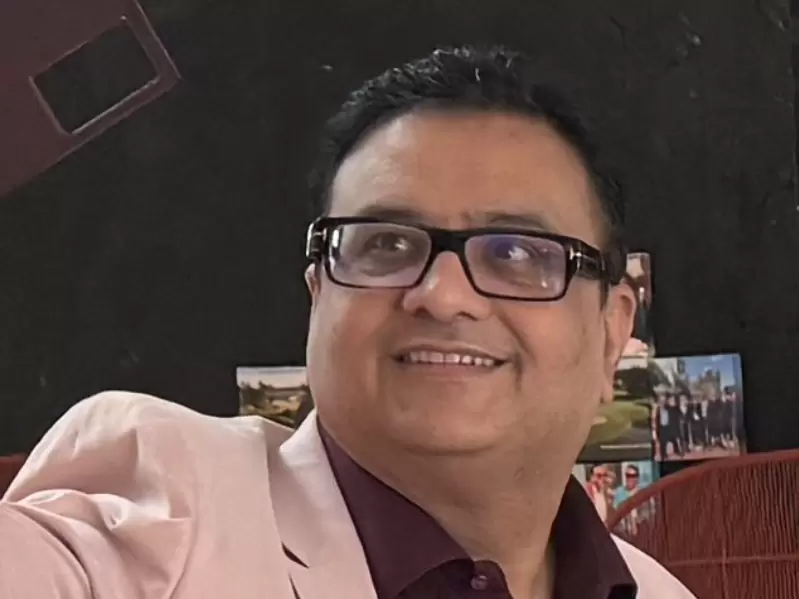 Sandesh Sharda / Lalit K Jha
Sandesh Sharda / Lalit K Jha
When Sandesh Sharda landed at New York’s JFK Airport in December 1994, he carried little more than a degree, a British MBA, and a conviction that hard work was its own currency. What he found that winter evening—clean streets, disciplined traffic, orange lights humming in rhythm—was, in his words, “an eye-opener.”
“I realized that day why they ruled the world,” he said with a faint smile. “Their discipline, their sincerity toward work, even the way law enforcement carried themselves—it was inspiring.”
That moment, he now recalls, was the first spark in what would become a thirty-year odyssey: from a middle-class upbringing in Madhya Pradesh and Mumbai to the boardrooms of Washington’s federal contractors, to golf courses, film sets, and startup studios across two continents.
The Making of an Entrepreneur
Born in Jalgaon, Maharashtra and raised in Bhopal and Mumbai, Sharda’s journey stretched early across borders. After finishing his MBA in the United Kingdom, he moved to the United States in the mid-1990s under the then-new H-1B visa program. His first primary job came at Oracle Corporation, where he implemented large-scale enterprise software systems.
“I was fortunate to get a job when H-1B had just started,” he said. “That was the foundation.”
But the security of corporate America was never going to contain him for long. Around 1997, he built CyberProposal.com, an early matrimonial website aimed at the Indian diaspora. “We had one million users then,” he recalled. “But when people started posting indecent photos, and I received copyright notices, I realized scaling responsibly was harder than coding.”
By 2003, his clients at the U.S. Department of Transportation—impressed by his technical skill and work ethic—encouraged him to branch out on his own. “They said, ‘You are my miracle worker,’” he remembered. “And that’s how Miracle Systems was born.”
Over two decades, that company grew into one of Washington’s prominent federal contractors, supporting agencies from the Department of Homeland Security and State Department to the U.S. Army and Air Force. By 2023, Miracle Systems had secured more than $2.8 billion in government contracts. Sharda sold the firm that year to a private equity company.
The Investor and the Storyteller
The sale gave him what many immigrants seek: financial freedom. But rather than retire, Sharda diversified. “I like to engage in different activities,” he said. “Some people travel, others go spiritual. I get restless if I’m not building something.”
That restlessness first took him to North Carolina, where he bought Rivers Edge Golf Course in Shallotte—a business he had no prior experience in but analyzed as an “end-to-end operation.” Then came a subdivision of 74 townhomes around the Golf Course. In California, he invested in Azure Printed Homes, a startup that manufactures modular, 3D-printed houses.
He also co-produced Paro, a film based on the real-life horror of child brides sold multiple times in northern India. “It’s a story that needed to be told,” he said. “Social impact matters more to me now than financial return.”
That same instinct inspired his latest project: IdeaBaaz, a television show giving young Indian entrepreneurs a platform to pitch in their native languages—from Marathi to Tamil—before a panel of investors. “I didn’t want a show that mocks people for bad ideas,” he said. “We mentor them, help refine their concepts, and invite them back. That’s what real encouragement looks like.”
The Philosopher of the Second Act
When asked which of his ventures he treasures most, Sharda doesn’t hesitate. “Golden Youg,” he said, describing a senior-living community he is building in India—a 16-acre, seven-star resort with walking trails, a temple, and hydroponic farms.
“During COVID, we saw how helpless our elders were. They are a library of knowledge,” he said softly. “We have built IITs and IIMs, but we have not built enough respect for our parents. Whatever we are today is because of them.”
That idea—of gratitude as legacy—threads through his reflections on life after success. “Money has a limited role after a point,” he said. “What matters is how you use your time to create impact.”
In his view, legacy isn’t measured in assets but in the goodwill one leaves behind: “If you are nice to people, people will be nice to you. The world returns tenfold what you give it.”
Family and Faith
Sharda’s pride in his children is unmistakable. His son, an antitrust lawyer in New York, prosecutes corporate fraud and price-fixing. His daughter works in Amazon’s digital marketing division and recently led a cross-border payments initiative for India.
“They don’t want to be called ‘the businessman’s kids,’” he said. “They’re building their own paths. That’s a lesson for every parent: support them, don’t hand them shortcuts.”
Faith, for him, has been the constant companion of ambition. “Whatever I’ve achieved would not be possible without divine intervention,” he said. “A person with limited skills like me—if I can do it, anyone can.”
The Wounds and the Wisdom
Success has not insulated him from personal struggle. In the most candid part of his interview, Sharda spoke about his divorce, describing it as “the toughest period” of his life.
“In our society, it’s always assumed that divorce is the man’s fault,” he said. “But sometimes, the story is more complex. I’m a family person. I never wanted it. But I learned to move forward.”
He channelled that pain into purpose—building his new home, selling his company, investing in social projects, and staying “positively busy.”
“The only way to overcome negativity,” he said, “is to believe in yourself. Truth prevails. People can see who you really are.”
The Voice for Brand India
Even after decades in America, Sharda’s sense of identity remains deeply Indian. “When we’re here, we are brand ambassadors of India,” he said firmly. “Every act—good or bad—reflects on all of us.”
He worries about how small misdeeds by members of the diaspora can damage that reputation. “A woman shoplifts at Target—it’s not about $1,500,” he said. “It’s about the image of all Indians.”
To the younger generation born in the U.S., his advice is simple: “There’s no shame in your identity. You come from a civilization 5,000 years old. Be our voice in Congress, in business, in social causes. Carry that heritage proudly.”
A Life Still in Motion
Now in his fifties, Sharda balances ambition with introspection. He dreams of projects that “create jobs, build bridges, and inspire youth.”
“I didn’t plan any of this,” he admitted. “I just worked hard and tried to do the right thing. God has been kind. Now it’s about giving back.”
He pauses for a beat, looking around his Washington-area home filled with family photos and mementos of long travels. “My American journey,” he says, “has been rewarding professionally. But personally, India will always be a hundred, and America fifty.”
He smiles again, not in complaint but in peace.
ADVERTISEMENT
ADVERTISEMENT
E Paper
Video



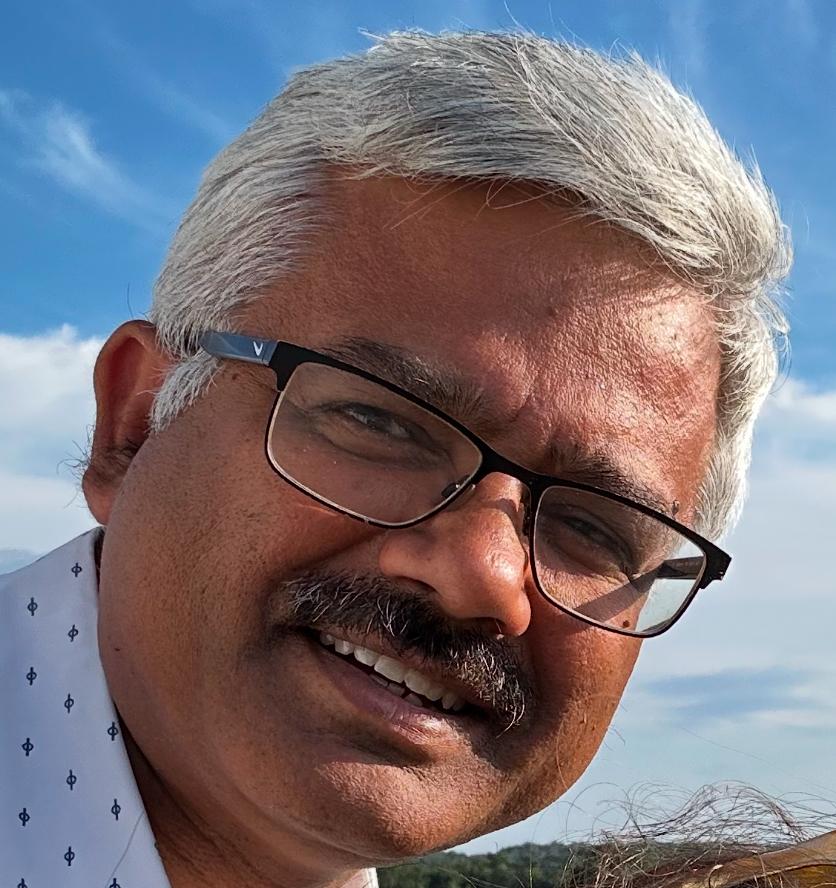 Lalit K Jha (5WH)
Lalit K Jha (5WH)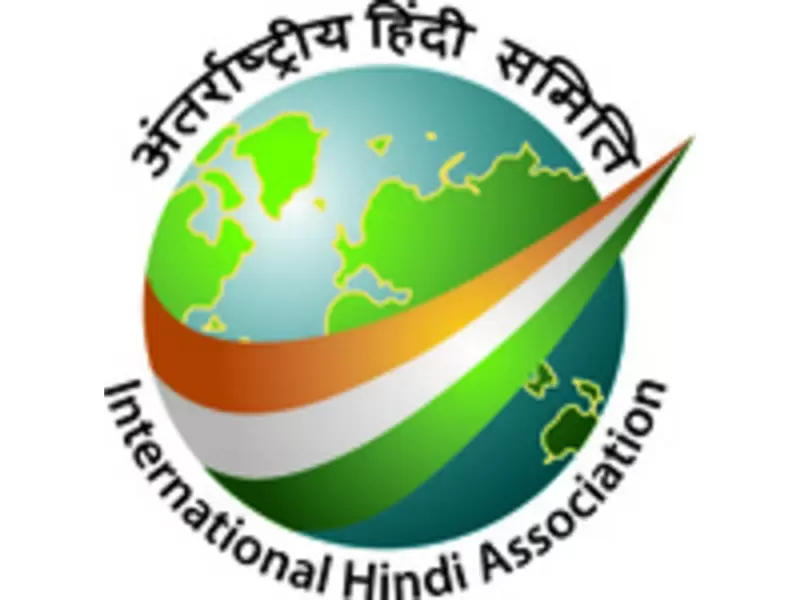
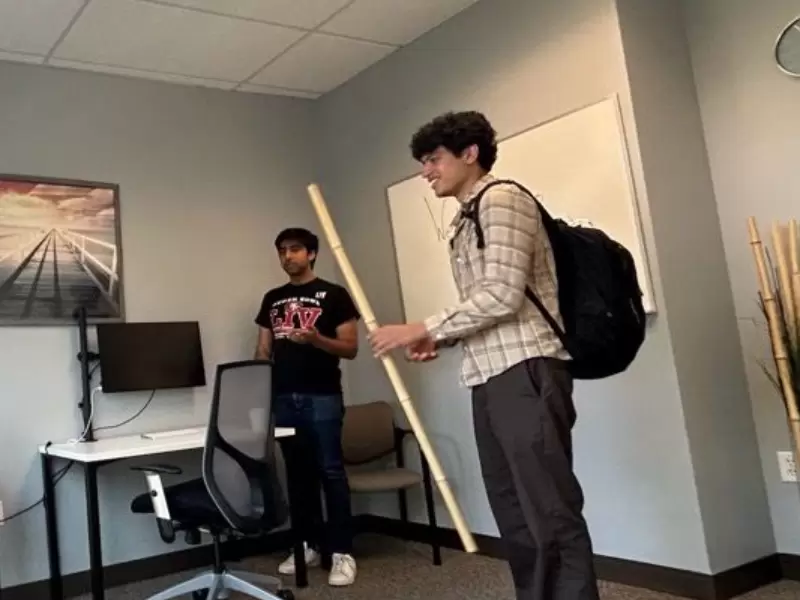
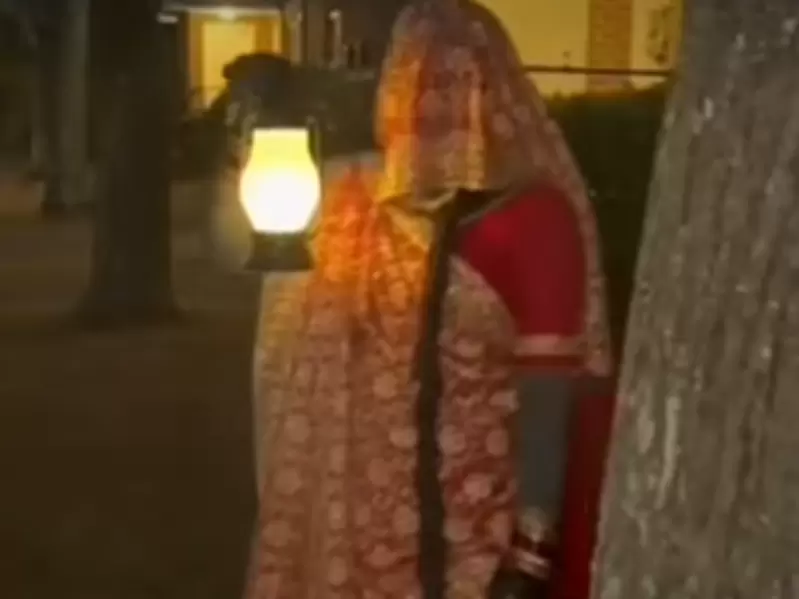
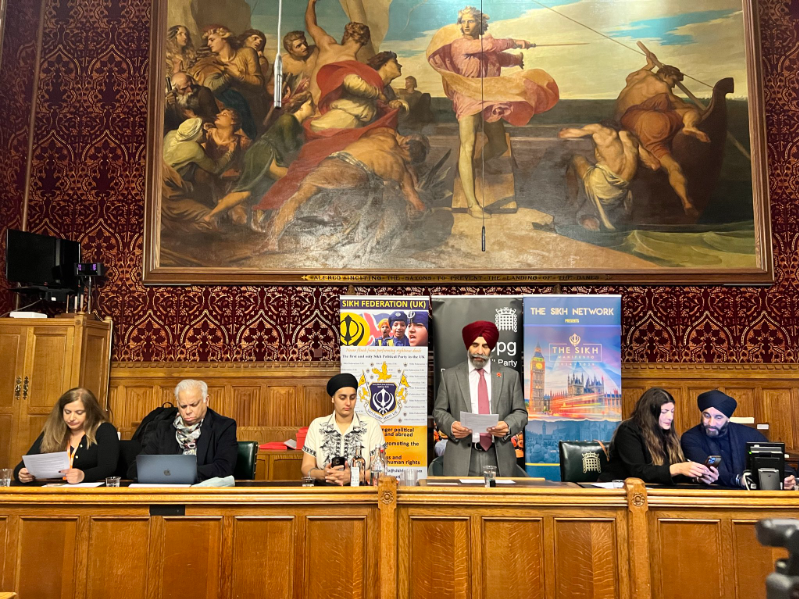
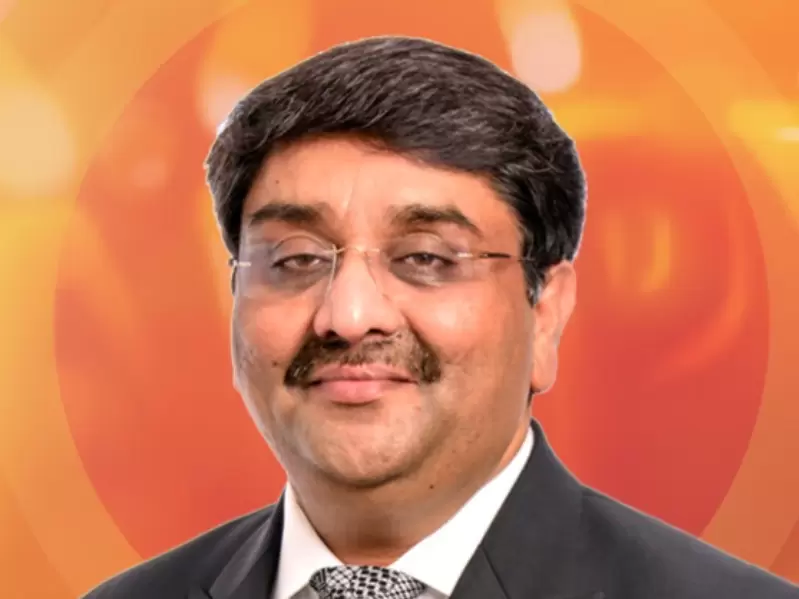
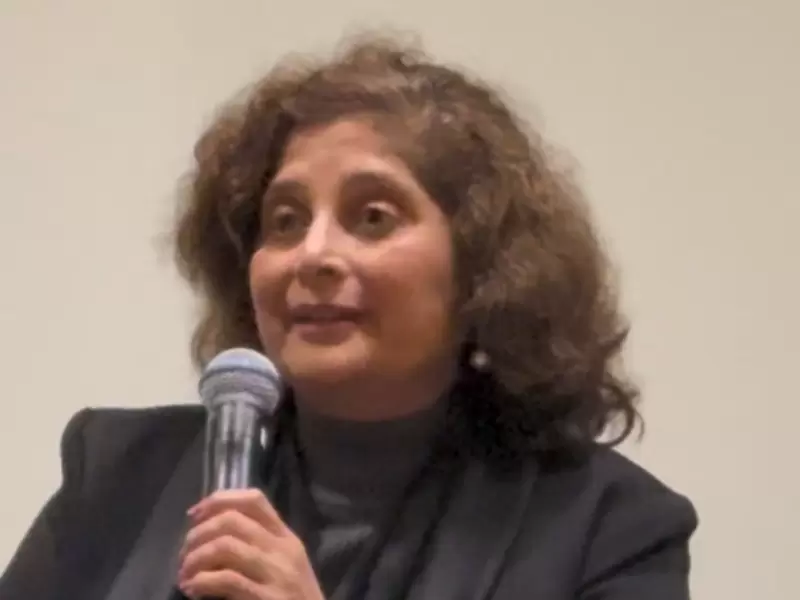

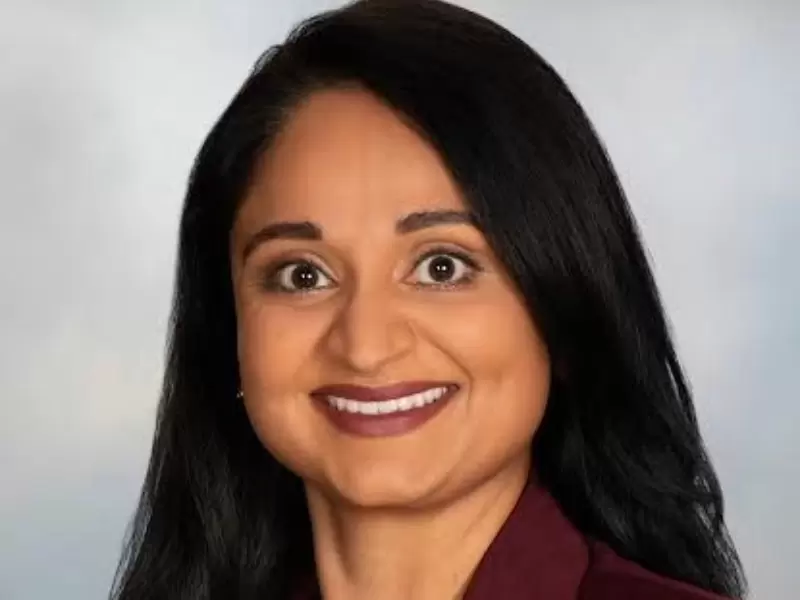

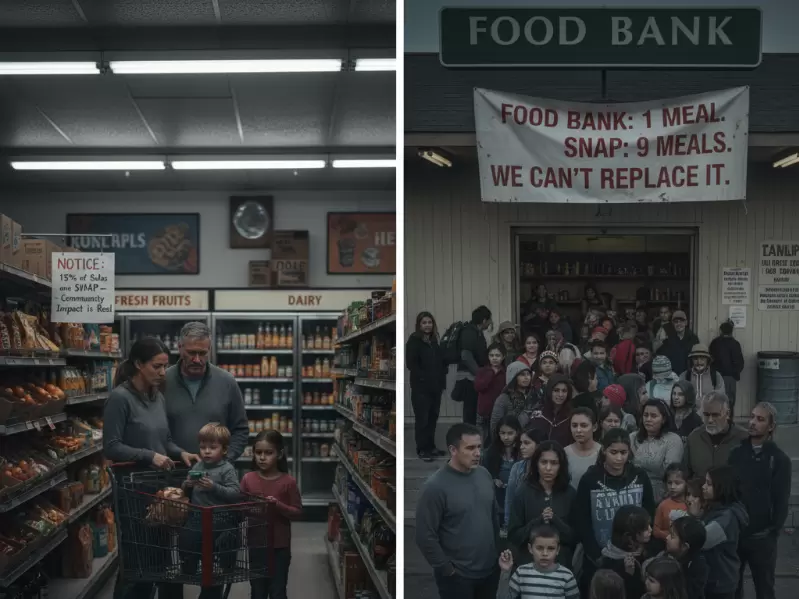
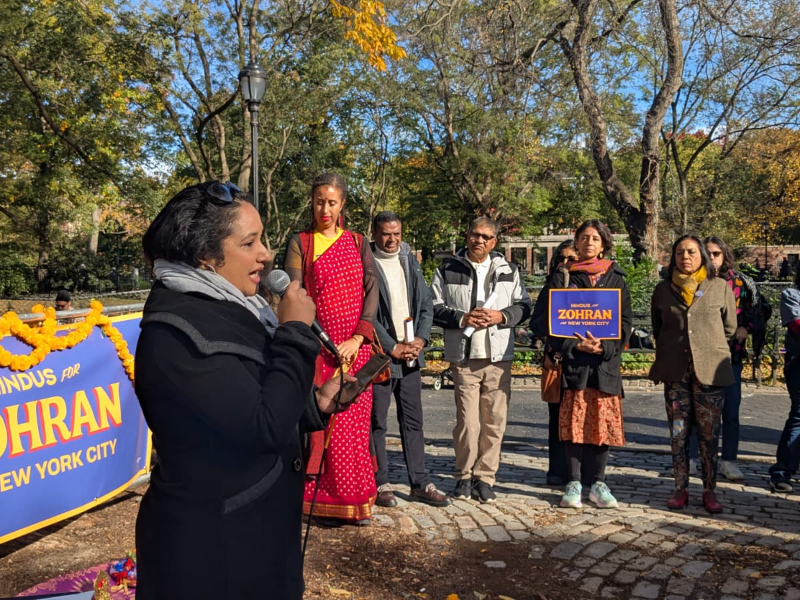

Comments
Start the conversation
Become a member of New India Abroad to start commenting.
Sign Up Now
Already have an account? Login